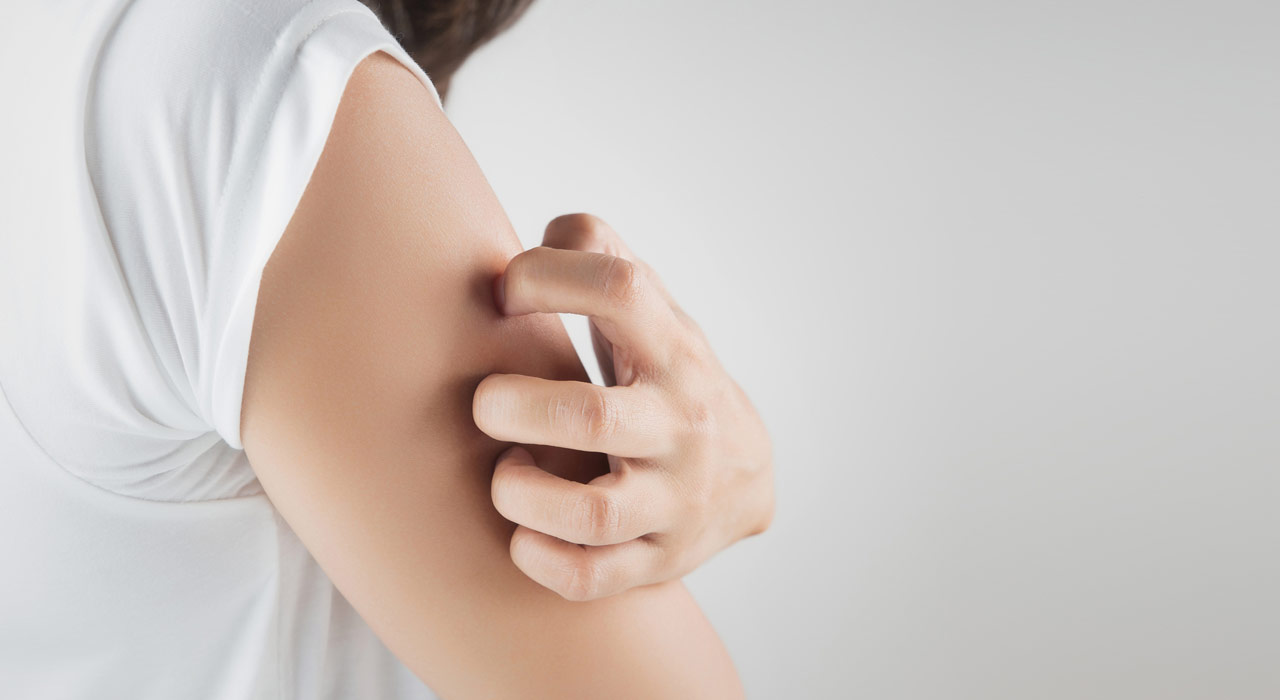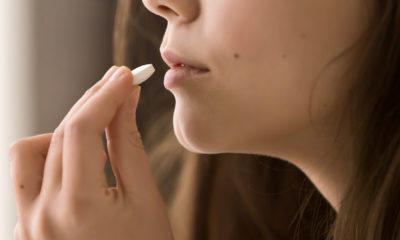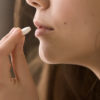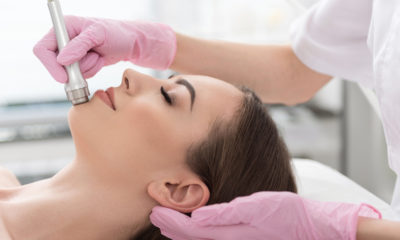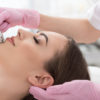Health
Why Do We Itch? (And How To Stop It)
While it’s true that our bodies are truly amazing and capable of incredible, mind-blowing things, like childbirth, it sometimes feels like mine is trying to test my patience.
For example, when I sneeze uncontrollably in a meeting or when a lonely lash gets caught in my eye for three hours during a photoshoot. However, the thing that takes the cake has to be itching.
Even writing about it has me desperate to scratch my body and you probably are too. Itching is a strange physical reaction that even scientists are confused by. So, with the average person experiencing dozens of itches each day, the question is – why?
What is an itch?
Our bodies are filled with nerves fibers which are sensitive to touch, pain, or itch. When the itching nerve fibers detect a protein called histamine, they are activated. This causes your capillaries to swell, increased blood flow and accelerated immune system. It also triggers the itching sensation.
While antihistamines are effective at disabling the protein telling our brain about the itch, scratching is also temporarily effective. The leading theory suggests that when we scratch an itch, a low-level pain signal is sent to the brain which overrides the itching sensation and provides short-term relief.
Although scratching is a form of pain, there’s a reason why it feels so good. A study published in the British Journal of Dermatology found that scratching reduces activity in the anterior and posterior cingulated cortices in the brain and causes pleasure.
However, just like your mom told you years ago, you should avoid scratching too much to prevent skin damage.
– RELATED: Natural Alternatives To Microbeads Natural Alternatives To Microbeads That Are Actually Better –
Why do we itch?
There are a few different triggers for itching. Some are as simple as a wool sweater or a bug bite whereas some are more complicated such as Delusory Parasitosis – a condition where someone believes their body is infected with mites.
We want to walk you through each one and how to stop that annoying itching sensation. Of course, this list isn’t exhausted, but these are the most common causes.
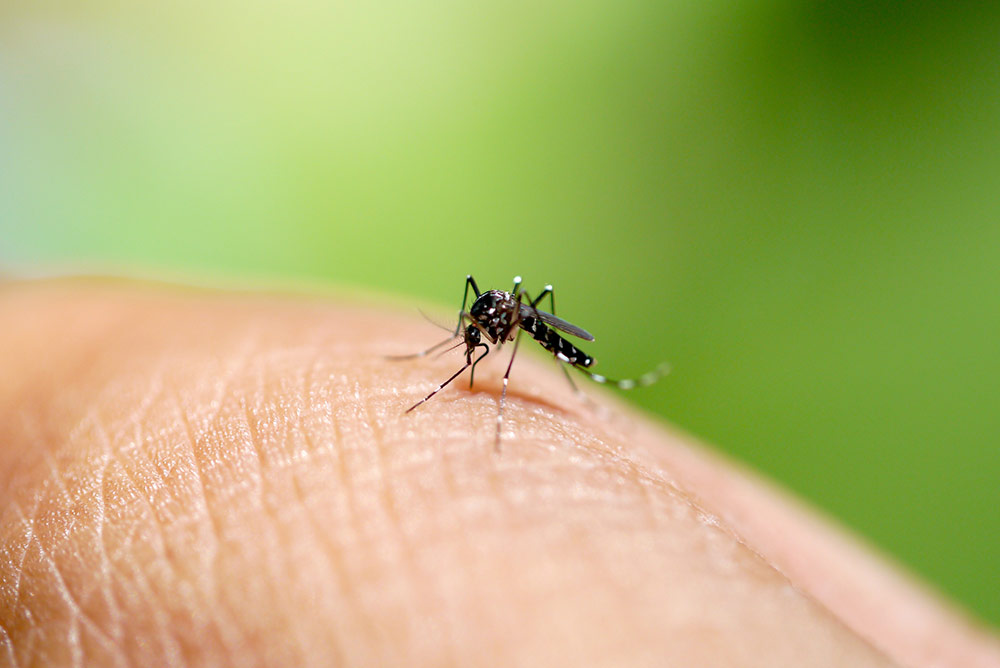
Bug bites
When a bug munches away at your skin, especially mosquitos, they leave behind their saliva which contains a chemical called anticoagulant which, unfortunately, humans are mildly allergic too.
As we explained earlier, this chemical triggers production of histamine and you guessed it – we start itching.
How to stop it: Antihistamines help reduce the count of histamine in your body which reduces inflammation. Alternatively, placing a damp green tea bag over the bite can help provide relief and decrease inflammation.
– RELATED: This Is Why Stress Is Making You Sick –
Skin conditions
Eczema and psoriasis affect a good chunk of the world’s population but is more common among children and babies.
How to stop it: Depending on the severity of the skin condition, you can reduce the itching sensation in a few ways.
Cooling the area with a wet washcloth can do wonders, but other treatments include using a thick moisturizer or hydrocortisone. In more extreme cases a bleach bath can work, however only with a very small bleach-to-water research and after consulting a doctor.
A more bizarre solution involves using a mirror. It might sound odd, but if your right leg itches, look into a mirror and focus on your reflection’s right arm, which is actually your left. As you scratch, your brain thinks your scratching the right area and thinks it’s been taken care of.
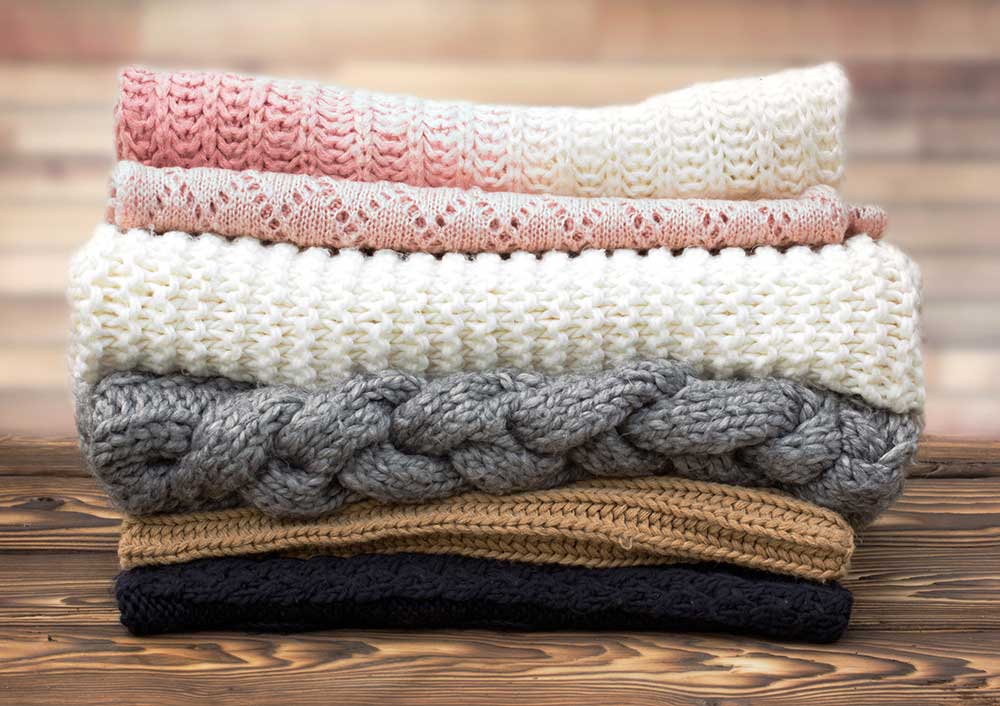
Allergic reactions and irritants
This includes everything from soap allergies to that slightly worn wooly sweater, however, the reactions aren’t the same.
Your body experiences an allergic reaction when you come into contact with an ‘invader’ aka an allergen (pollen, pet dander or certain foods). When this happens, symptoms start to defend itself. In contrast, irritants only affect the body through touch.
How to stop it: Creams and antihistamines can provide relief; however, lemon juice can also help reduce itching. This is because the chemicals in lemon juice turn to alkaline in the body and reduce swelling.
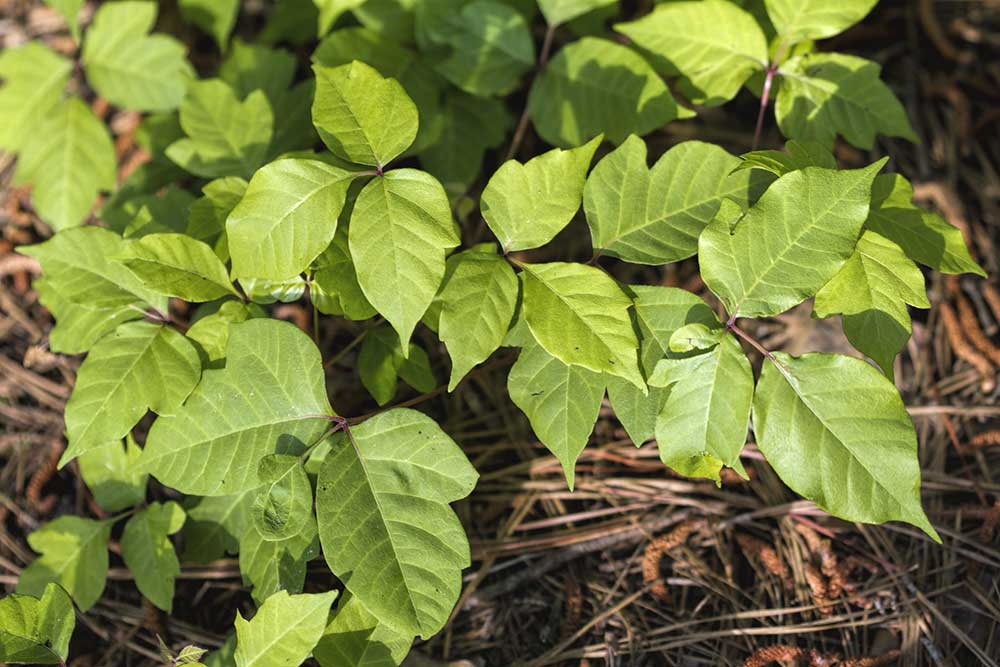
Plants
Poison plants like ivy, contain an irritating chemical compound called urushiol. This is absorbed into the skin when you touch it. Other plants such as nettles break the skin and the toxins make their way through the wound.
How to stop it: When you first notice irritation, wash the area with soapy water and blot dry. Over-the-counter creams are also effective, however, if your rash becomes worse or even develops into blisters – call your doctor.
For more health advice, sign up for the TRAIN for HER newsletter today!


